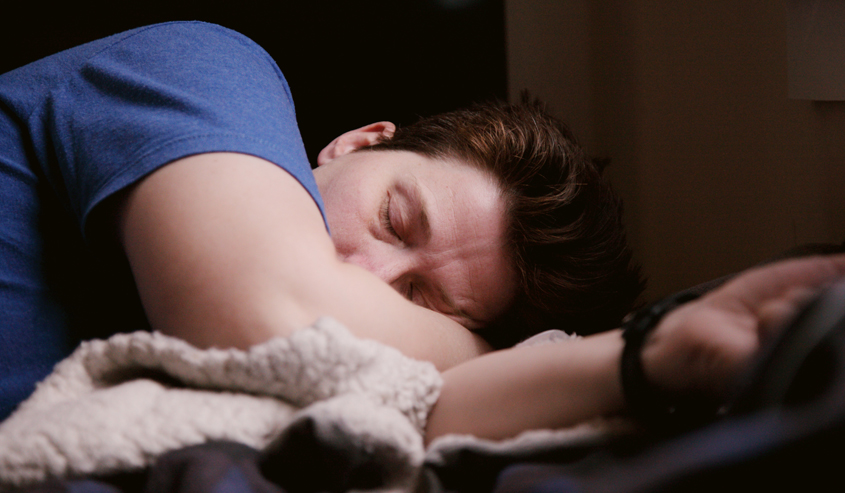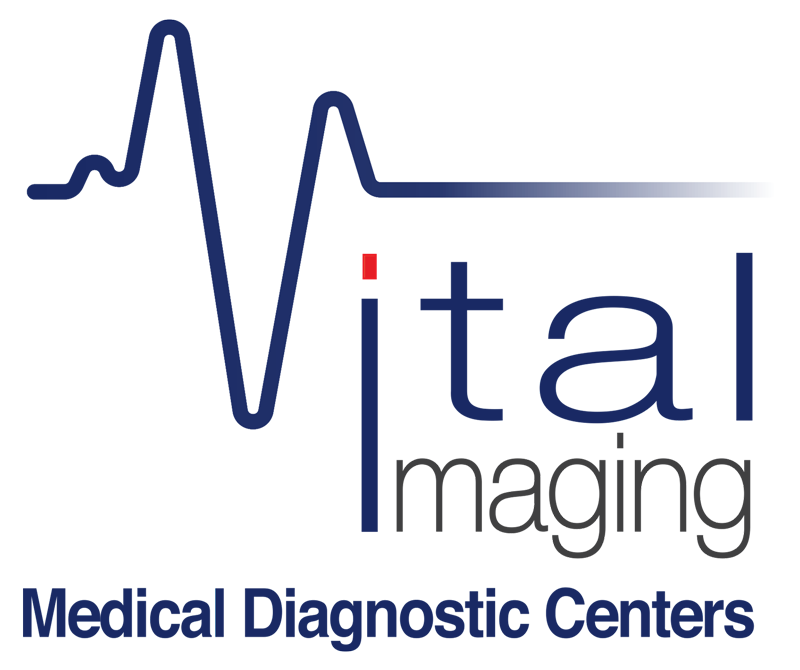
Each night, millions of people in the United States suffer from sleep disorders, many not even aware that it is happening. This sleep loss, which can affect daily functions and long-term health and longevity, is one of the most common yet treatable health problems known today.
Whether it is disrupted sleep or an inability to reach a level of sleep needed to feel refreshed and renewed, sleep disorders fall into various categories.
- Sleep apnea — During an apnea episode, muscles obstruct the airway which results in an interruption of breathing.
- Insomnia — This is the inability to fall asleep or stay asleep which results in fatigue and an inability to concentrate.
- Narcolepsy — This is when a person may become irresistibly drowsy or fall asleep, often at inappropriate times or places. Occurrences can last minutes or hours.
- Restless Leg Syndrome — This syndrome results in an urge to move the legs, most commonly at bedtime but also during the day while resting.
- REM Behavior Disorder — This happens during the REM stage of sleep where the person will act out dream behavior.
- Shift Work Sleep Disorder — This is an intolerance to working during hours that work against the body’s normal circadian rhythm.
- Periodic Limb Movement Disorder — This results in rhythmic jerking of the legs and sometimes the arms during sleep.
It has been found that sleep disorders are associated with a wide range of health issues including a higher risk of diabetes, heart attack, stroke, hypertension, obesity and depression. According to many estimates, 90 percent of people suffering from sleep disorders also have other health conditions.
Most people struggle with falling asleep at different points in their lives. But chronic sleep disorders can indicate more serious issues. You may have a sleep disorder if you
- Snore loudly and the snoring is interspersed with pauses or snorting noises
- Feelings of choking or gasping for breath when waking
- Waking with a headache
- Feeling chronically tired or fall asleep unintentionally
- Persistent fatigue
- Difficulty falling asleep or staying asleep
- Moving legs or feeling persistent twitching of legs at night
- Sleepwalking or other unusual behavior at night
What is Involved in a Sleep Study?
If you suspect that you are suffering from a sleep disorder, your physician may suggest a professional sleep study be conducted. This will require that you spend a night at a sleep lab that will record your sleep behavior and monitor your body activity such as brain activity, muscle activity, heart rhythm and respiratory airflow and effort while you are asleep.
Sensors are placed on the scalp, face, chest, limbs and a finger to record brain, eye, heart activity as well as blood pressure and blood oxygenation. Elastic belts are placed at the chest and abdominal region to measure inhalation and exhalation. These all transmit data to a computer in another room. A specialist will then score the data that has been collected to understand if there are any indications of abnormality and suggest a course of action.
At Vital Imaging, we offer sleep studies and other non-invasive services. Our team of caring professionals is there for you at all times, making sure you are comfortable and answering any of your questions. To learn more about our services or to schedule an appointment, call (305) 596-9992.
